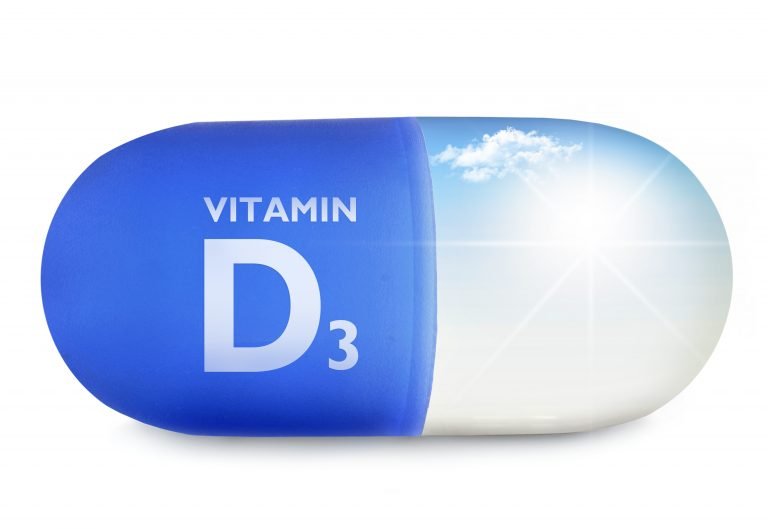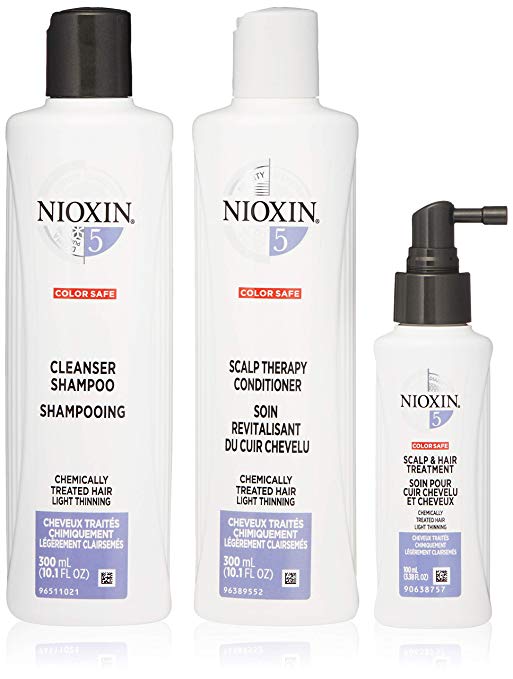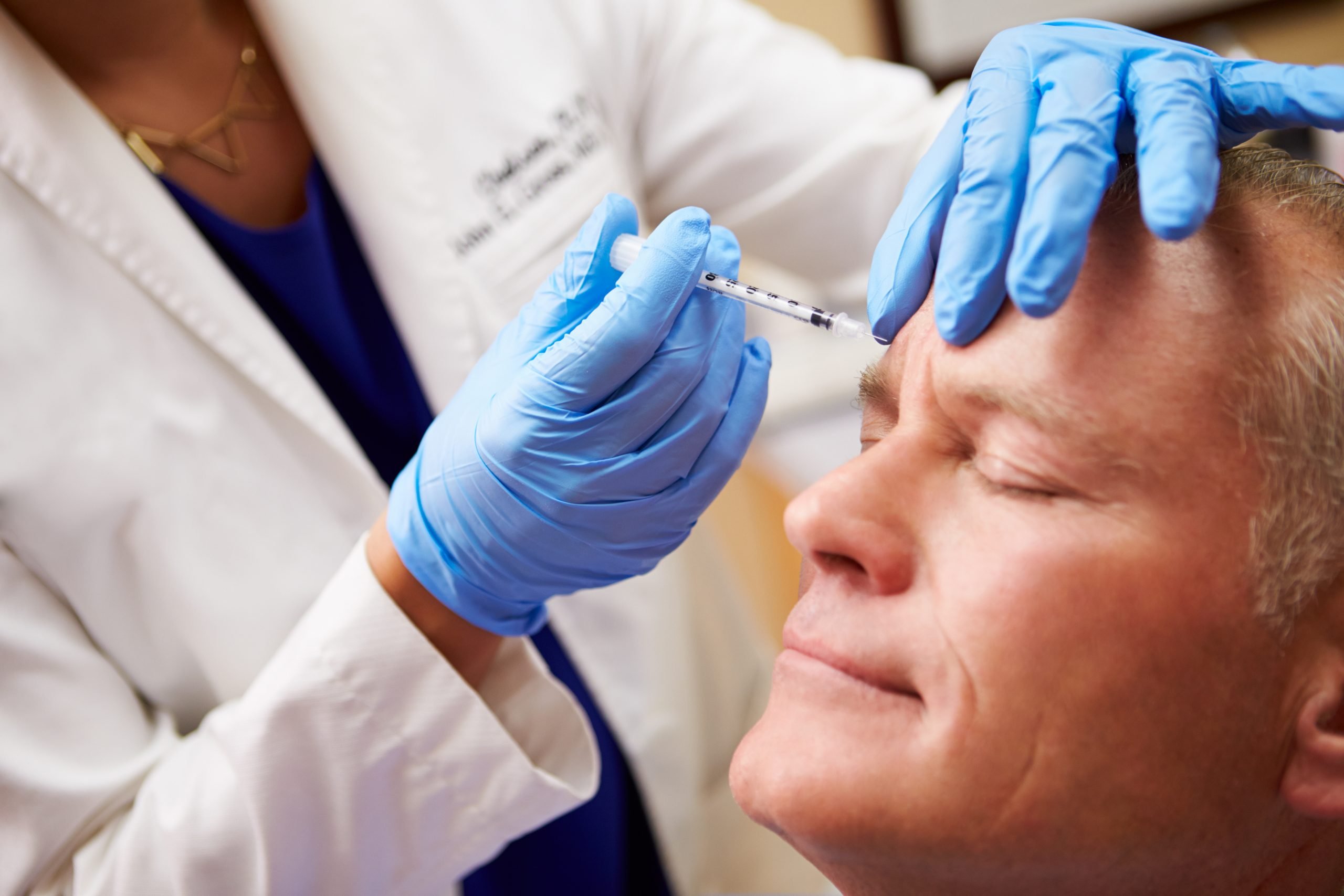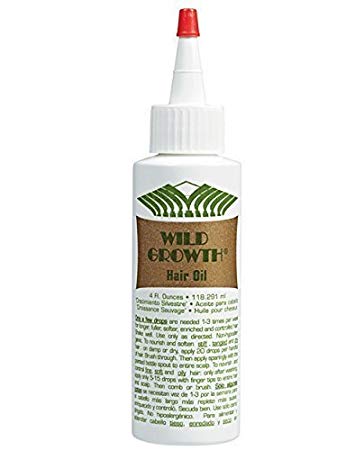
Page Contents
There are a number of different vitamins that your body needs to make your hair. If you are lacking in any of these it can affect your hair in a negative way. Vitamin D is one of these vitamins, but perhaps you are wondering just how it affects your hair.
In order to truly see what all this vitamin does for you, let’s first take a closer look at it. It is important for you to know what you get your Vitamin D from, what it does in your body, and how this in turn affects your hair.
How You Get Vitamin D
The main way that you get Vitamin D is by sunlight. This means that in order to get the proper amount of this vitamin you have to be out and in the sun at least a portion of each day. It is for this reason that so many people nowadays are low on their Vitamin D.
It can be hard to get the right amount of sun depending on where you live. If you live somewhere where it is rainy all the time or cold enough to make you bundle up for most of the year, you may struggle to get the right amount of sun even if you go outside as much as you can.
If you make a habit of putting sunscreen on, then this may also prevent you from getting Vitamin D. It prevents the sun from really getting to your skin like your body needs to make this vitamin. The same can be true if you have darker skin.
However, there are other ways to get Vitamin C, one of which is taking it in the form of a supplement if you can’t spend more time outdoors. You can take it in the form of a pill supplement, or you can eat foods that have some Vitamin D in them.
Vitamin D is often added in small amounts to some things like orange juice and milk, and it is naturally present in fish. Keep in mind though that your body benefits more from Vitamin D when you get it from sunlight than when you ingest it.

What Vitamin D Does For You
Vitamin D is very important to your body which uses it for a lot of different things. Without it, there are a lot of different things that would happen to us. There are three main areas where Vitamin D is used in our bodies, so let’s take a closer look at each of them.
Internal Clocks
The first thing that it does for you is that it helps you sleep better and what sleep you do get is more refreshing. Part of how it does this is the fact that the sun helps our internal clocks. These clocks of ours are very important in a number of different ways.
It is your internal clock that tells you when it is time for you to be asleep and when it is time for you to be wide awake. When your clock is right you feel tired when it is time to sleep and awake in the mornings.
But your internal clock does more than even that. You also have an internal clock that tells you when it is time to eat. When your body knows that it is time to eat, it makes you feel hungry and it makes your stomach release more of what it needs to digest your food.
Digestion
In turn, the next thing that it helps you with is that it helps you to absorb calcium, iron, and other vitamins you need. It also helps you to get the most out of the food you eat. Better digestion also helps your insulin levels and can even help you with diabetes.
This can also help you to manage your weight since you do not feel hungry when you shouldn’t be, thanks once again to your internal clock. When you are getting all the nutrients you need, this spills over to your whole body.
Fewer Injuries And Sicknesses
Getting plenty of calcium and other nutrients makes your bones stronger and less likely to break which is definitely a plus. It also makes your teeth stronger and less prone to cavities.
However, more nutrients are also good for your immune system. This means that you are less likely to get sick. When you do get sick it will be much easier for your body to fight off whatever bug or virus you caught.
This even includes things such as cancer. Cancer has a lot to do with free radical cells, but Vitamin D is one of the things that helps cells form. This means that this vitamin can actually do a lot to help in this area.
Lungs And Heart
Your body also uses Vitamin D in your lungs. This means that this vitamin helps you to process the oxygen that your body needs. When you are getting the oxygen that you need, you do not run out of breath as easily and can exercise longer.
This can be particularly helpful during allergy season and also if you have asthma. Between the ability to breathe easier and the better sleep you get, you will feel like you have a lot more energy if you are getting enough Vitamin D.
Vitamin D makes your heart stronger too, in part thanks to the fact that it helps to reduce inflammation. Everyone knows that their heart is one of the most important things to take care of, and getting enough Vitamin D is one way to do that.
Mood
While having more energy and getting sick can certainly put you in a better mood all on its own, there is even more to Vitamin D than even that. Vitamin D also helps your body make some of the “happy” hormones that make us feel happy.
This helps combat stress and depression among other negative moods. That said, looking at all of these advantages perhaps you can see why we need Vitamin D so much.
How Vitamin D Affects Your Hair

You may have heard that stress can make you lose your hair. This is entirely true. There are two reasons why stress can make you lose your hair, but we won’t get into that right now. The main thing that you need to know is that Vitamin D helps with this.
As mentioned, Vitamin D helps you to sleep well. This, in turn, helps you to be more focused throughout the day. This can help you avoid, or at least lessen, the effects of stress. On top of that, there is the help with getting you in a happy mood.
While you might not think that stronger bones affect your hair, think again. Anytime you get any form of an injury or sickness your body has to expend both its energy and some nutrients in order to heal you and get you strong again.
This is energy and nutrients that your body could be using to keep your hair shiny and healthy. This is even more true in the case of cancer. It is common knowledge that the treatments for cancer often cause you to lose your hair entirely.
There is also the fact that many of the more common medications for normal colds can have side effects that are potentially hair related too. On top of this, many diseases that affect your scalp cause your hair to fall out due to inflammation which Vitamin D helps to prevent.
When it comes to helping your lungs, your scalp needs that oxygen in order to stay healthy. A better amount of blood flow all on its own can help your hair to be healthier. On top of all of that, the extra help with digesting what you need gives you the nutrients your follicles need to make your hair.
Signs You Are Vitamin D Deficient
There are a number of signs that you can take a look at if you think that you might be suffering from a lack of Vitamin D. Most of these are things that can simple slid right by without you even noticing unless you are looking for them.
Your internal clock could get off, making you feel sleepy during the day and wide awake at night. Since your lungs are not getting the oxygen as efficiently, they have to work harder. This will make you get out of breath more easily.
You will also be more prone to getting sick and have a harder time getting better when you do get sick. Your bones and joints will be weak, making you more likely to get hurt. All of this in addition to the lack of the “happy” hormone can combine to make you feel miserable.
Lastly, since Vitamin D plays such an important role in your digestion it can lead to other deficiencies. This means that if you are deficient in Vitamin D that you are more than likely going to be deficient in at least a few other vitamins as well.
If you think that you might be deficient in Vitamin D, there is only one way to check for sure. This is by going to your doctor and having a blood test done. However, there are certain signs that you can look for that can give you clues.
It is important to note that you can go too far when it comes to taking Vitamin D supplements. Too much Vitamin D is hard for your body to filter out. This can lead to constipation or kidney stones if you keep it up long-term.
How Much Vitamin D You Should Have
With all of the time that we spend at our desks inside buildings, it should be no surprise if you start showing symptoms of being low in Vitamin D. That said, there is a longstanding debate about just how much Vitamin D you need.
However, as a general rule, most doctors feel that if your blood test shows somewhere around 20 ng/mL to 30 ng/mL for your Vitamin D levels that you are not getting enough. On the other side of the spectrum, some doctors say that your levels should be at 70 ng/mL while others claim that over 50 ng/mL can be dangerous for you.
If your Vitamin D deficiency is bad enough to make you start losing your hair, you may need to take some drastic amounts at first in order to halt your hair loss. Sometimes it can take 10,000 IU of Vitamin D per day to affect your levels on the blood test.
That said, most doctors are hesitant to tell you to take that large on an amount. Most recommend that you take between 1,000 to 3,000 IU of Vitamin D daily. If a Vitamin D deficiency is your problem, you should start seeing results within a couple of weeks.
Final Thoughts
On top of all that I just told you about Vitamin D, there are a few final things that you should know about this vitamin. The first of these is that sunlight can do more for you than just give you Vitamin D. It can also help kill any mites that might be in your hair.
While about one in every seven people do not have enough Vitamin D, women tend to be more likely to be deficient than men are. Two of the more common symptoms women who are deficient have are fatigue and headaches.
Finally, the last thing that you should know about this vitamin is that you may be deficient in it for a reason. Some medications can take away your Vitamin D before your body gets to use it. This more commonly happens with antifungals, anticonvulsants, and medications for HIV and is something you should ask your doctor about.
Not all hair growth solutions work well. Check out our list on the top 3 hair growth products and save yourself money, time, and best of all – hair!






